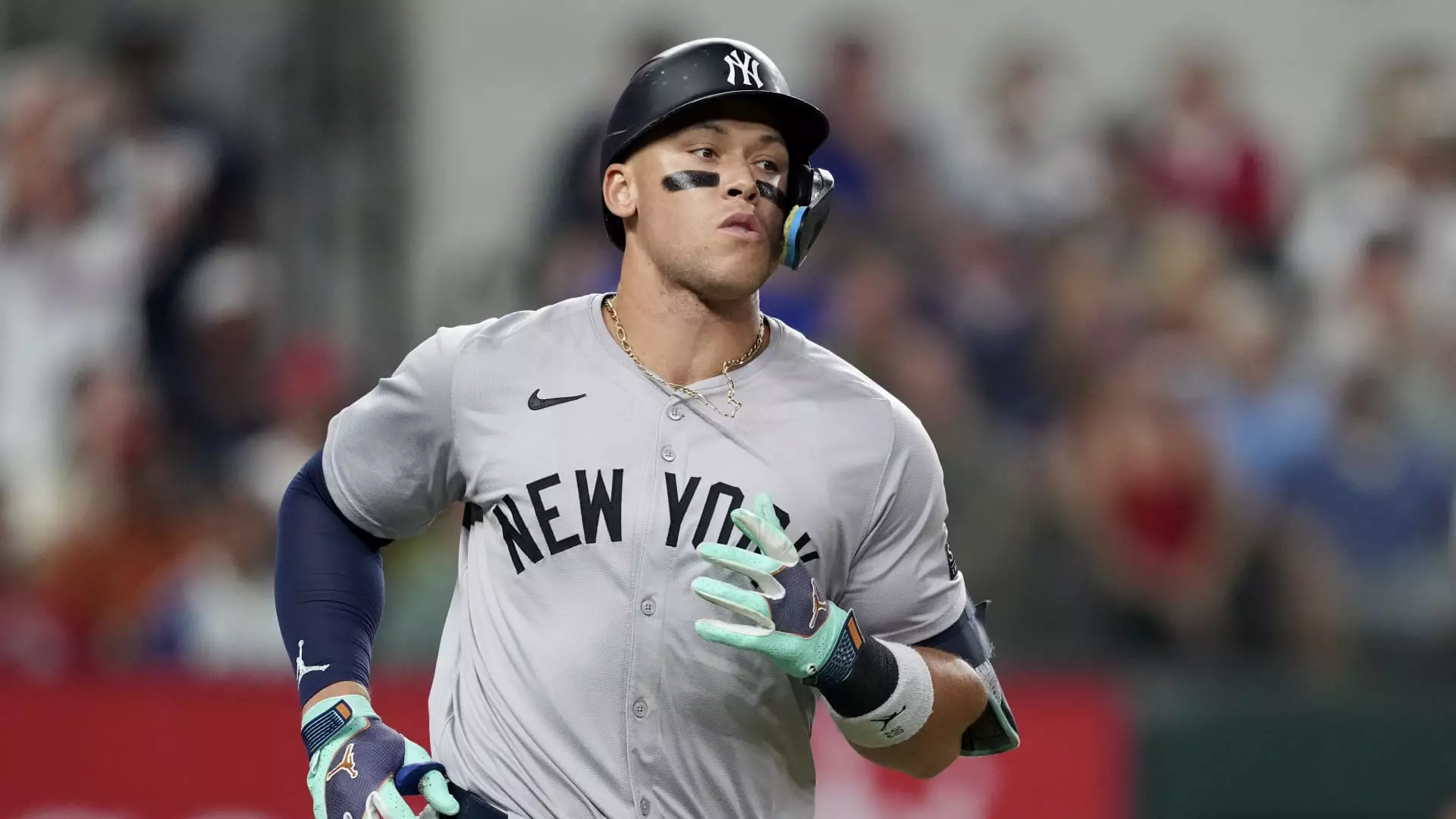The 2024 postseason of Major League Baseball (MLB) is showcasing a compelling revival, attracting significant national attention across the United States. The opening game of the National League Championship Series (NLCS) between the New York Mets and the Los Angeles Dodgers drew an impressive 8.26 million viewers through Fox Sports platforms, making it the most-watched LCS game in over a decade. In stark contrast, the American League Championship Series (ALCS) featuring the New York Yankees and the Cleveland Guardians also enjoyed robust viewership, with an increase of 4% from the previous year. These statistics highlight not only the inherent appeal of the teams involved but also illustrate a keen desire among fans to engage with baseball during key broadcast opportunities, even when competition from the NFL persisted.
This resurgence follows a string of successful league division series, which saw viewer averages exceeding 3 million—up by more than 20% from the previous season. Such metrics not only reflect a thriving interest in the postseason but also spotlight the ongoing efforts of MLB and its broadcast partners to enhance viewer engagement. As the competitive landscape of sports media evolves, achieving viewership increases during high-stakes season games signifies a crucial turnaround for baseball’s cultural relevance in an environment often crowded with alternative entertainment options.
In recent years, concerns have been expressed regarding MLB’s appeal, particularly among younger audiences. Shorter attention spans and changing entertainment preferences have prompted some to question the league’s relevance. However, adjustments implemented by the MLB, such as the introduction of a pitch clock and other rule enhancements aimed at speeding up the game, have proven effective in rekindling interest. Many fans and analysts now point to these changes as a catalyst for not only escalating in-game excitement but also for the visible rise in attendance and fan engagement metrics.
Commissioner Rob Manfred has shared an optimistic outlook regarding the current momentum, citing historic performances and the emergence of youthful talent as pivotal factors in revitalizing the sport. Fans are particularly drawn to notable players like Shohei Ohtani and Aaron Judge, whose positions on high-profile teams, the Dodgers and Yankees respectively, add narrative intrigue to potential championship matchups. Such marquee off-field personalities enhance viewer engagement and raise the stakes for casual and dedicated audiences alike.
Despite previous struggles with ratings, particularly during last year’s lackluster World Series which suffered from low national appeal due to the competing teams, the current postseason offers a slate of compelling matchups. A blend of storied franchises and revitalized teams heightens anticipation. The presence of teams like the Mets and Guardians, both of which have navigated season challenges skillfully to reach the playoffs, illustrates the unpredictable excitement that defines sports. The Mets’ turnaround sparked by an unexpected, whimsical event—Grimace the McDonald’s mascot throwing the first pitch—along with the Guardians’ impressive late-season recovery led by star Jose Ramirez adds layers of narrative that attract viewership.
In this dynamic postseason landscape, continued interest hinges on the ability of teams to captivate audiences, not solely through winning but also via compelling stories and personalities that resonate with fans. The prospect of a Yankees-Dodgers World Series elicits enthusiasm, as these franchises carry legacies steeped in history, rivalry, and achievement that embody the essence of America’s pastime.
Ultimately, the 2024 postseason offers Major League Baseball a unique opportunity to reclaim its standing in the competitive sports market. With positive viewership trends, successful rule changes that enhance play, and a roster of historically significant and emergent teams, there is every indication that baseball is on the upswing. As the excitement of the divisional rounds settles, all eyes will be on how the remaining teams perform, and how the league continues to adapt to a rapidly changing entertainment landscape. Intentional efforts to embrace structural evolution while honoring the game’s rich traditions seem poised to pay dividends for MLB in the seasons to come. The 2024 postseason is not just a pivotal moment for determining champions; it also represents a critical chapter in the ongoing narrative of Major League Baseball’s resurgence and its enduring legacy in American culture.


Leave a Reply